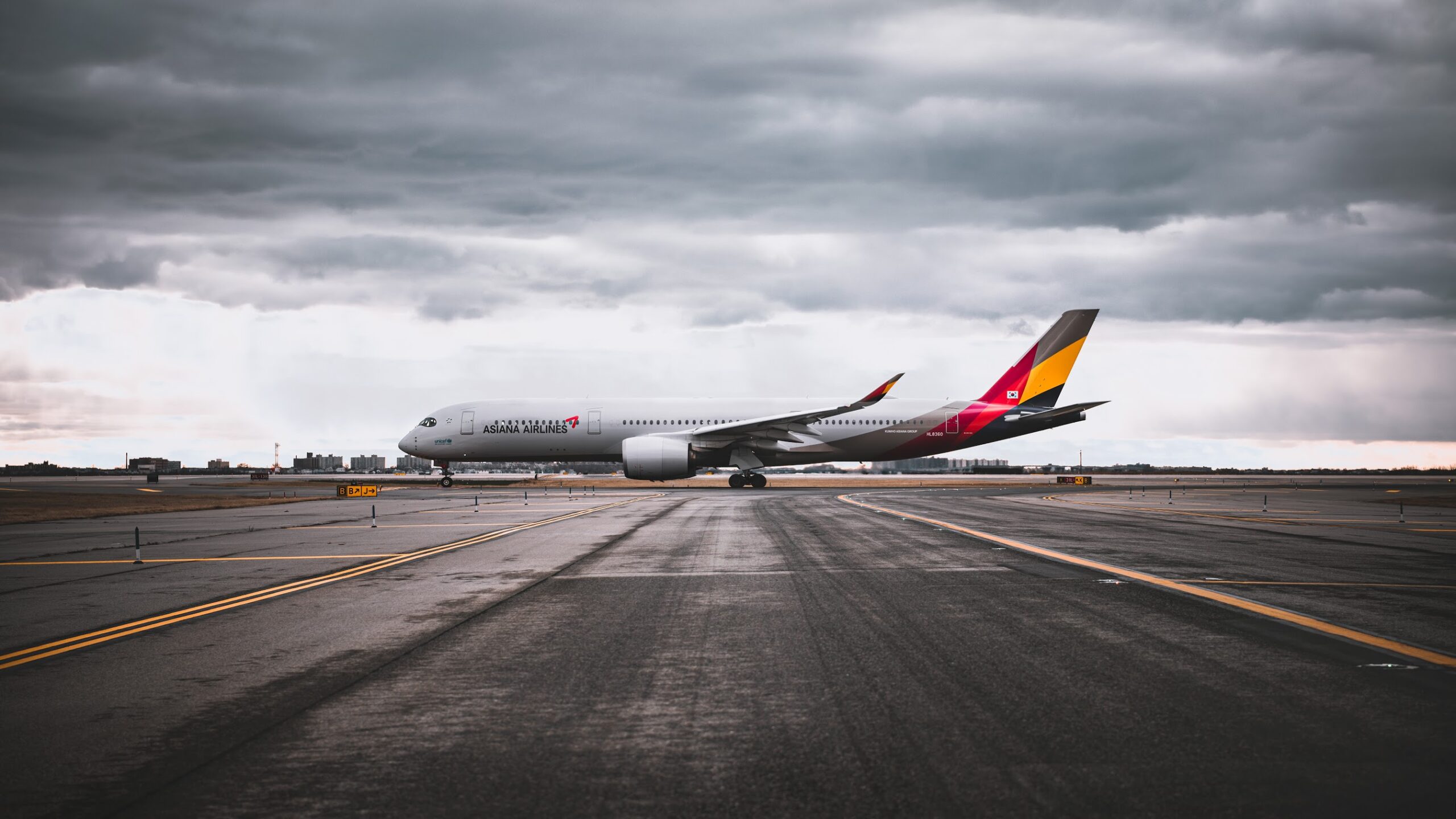Last week we reported that the majority owner of Korean Air was considering acquiring national rival Asiana Airlines. With the release of this news, shares in Asiana Airlines soared on Friday on the possibility of a deal taking place for the debt-ridden carrier. But what would this deal look like? Would it even be allowed?

What’s the deal?
According to KED Global, Korean Air parent company, Hanjin Group, is likely to submit a letter of intent to Asiana creditor KDB (Korean Development Bank) next week. It’s been reported that Hanjin will buy a 30.77% stake in Asiana, while at the same time, KDB will inject hundreds of billions of Korean won into Hanjin Group to enable the purchase.
This isn’t the first we’ve heard of a possible new owner for Asiana. In fact, a deal to acquire the airline collapsed in September. The deal would have seen Hyundai Development Company and Mirae Asset Daewoo acquire the carrier. Instead of the purchase, the Korea Development Bank, as well as the Export-Import Bank of Korea, injected billions of dollars more into the carrier to help keep it operational. The troubled South Korean carrier had already received state cash injections totaling ₩3.3 trillion ($2.78 billion) since the beginning of 2019.

Why this deal benefits Asiana
Acquisition and a subsequent merger would likely be welcomed news for many at Asiana, who have been well aware of the airline’s financial challenges in recent times. Indeed, the airline has been relying on investment banks to cover its mounting losses.
Consolidation will be necessary during this period of greatly reduced travel as noted by a Korean business analyst:
“From Hanjin Kal’s standpoint, it could find no better ally than KDB…And if the two airlines merge, the country’s aviation industry also benefits from the consolidation as too often there has been more supply than demand,” -Um Kyung-a, Analyst at Shinyoung Securities via Reuters

What a merger would look like
A merger would see Korean Air’s largest homegrown rival fade from the competition with South Korean travelers loyal to Asiana move to flying with Korean Air. Korean Air is already the country’s largest airline, but the deal would see it become the nation’s only full-service, long-haul carrier.
Direct flights to and from Seoul would be most affected by this deal. The two carriers combined control more than 60% of the international passenger routes out of South Korea. However, Seoul Incheon, the home airport of both carriers, is one of the most competitive in the world, and even without Asiana, Korean Air still has many carriers to compete with. That’s because East Asia is home to numerous high-quality carriers, including ANA, Japan Airlines, EVA Air, and Cathay Pacific. Indeed, Korean Air and Seoul Incheon have to deal with these carriers (and their respective hubs) for long-haul transfer traffic- although a merger would put it in a better position to do so.
This deal would undoubtedly face close scrutiny from South Korea’s antitrust regulators, especially with regards to the country’s Monopoly Regulation and Fair Trade Act (‘MRFTA’), whose purpose is to ‘promote fair and free competition’ and prevent an ‘excessive concentration of economic power.’
The Chronicle Herald notes that Hanjin is expected to hold a board meeting on Monday. It’s also expected that Hanjin will submit a letter of intent to Asiana early next week.
Do you think the government’s antitrust regulators would allow this deal to go through? Let us know your thoughts in the comments.
[ad_2]
Source link


